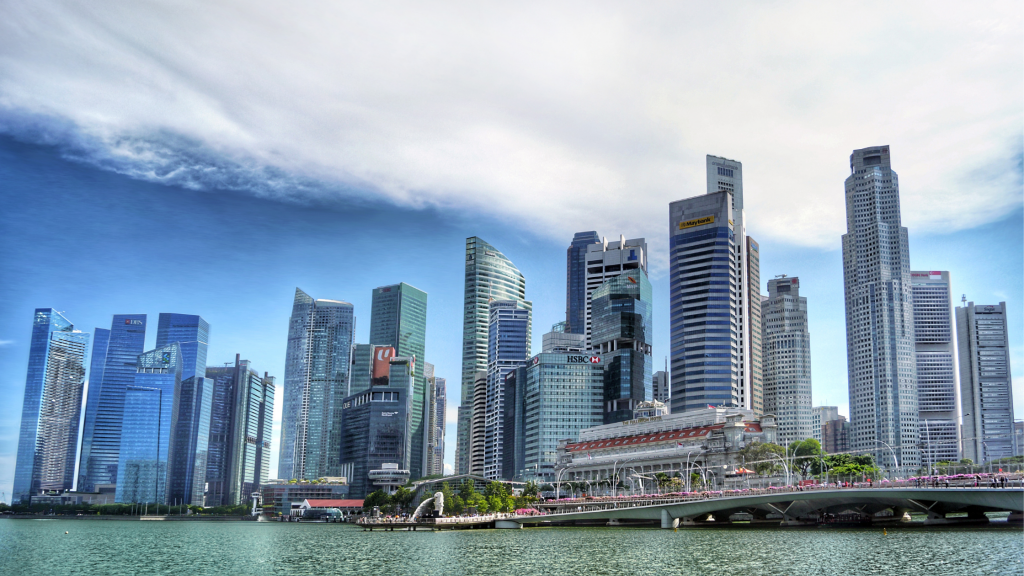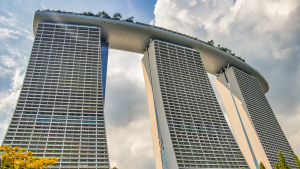Singapore’s Infrastructure | Ranked Best in the World
About my city | Singapore
 by Bienu
30 September 2020
by Bienu
30 September 2020
SINGAPORE – INVITING INFRASTRUCTURE
The world-class infrastructure of Singapore may be attributed to its highest quality inputs, technological innovations, economic robustness, political stability, financial prudence and cultural diversity, besides other noteworthy factors. The stability and efficiency of Singapore’s urban infrastructure propelled the city-state to the top of the list, overtaking the European cities of Frankfurt, Munich, Copenhagen and Düsseldorf, which rounded up the top 5.
Highest Infrastructure & Highest Standard of Living Interlinked
Owning to its world-class infrastructure, Singapore provides the highest standard of living to its citizens, here we can view strong synergy between infrastructure and quality of life. By investing significantly on its basic infrastructure and public services, Singapore continues to elevate the quality of life for its residents and expatriates. This is what makes Singapore one of the most attractive cities in the world for expats as well as investors.
Related – Moving to Singapore
Infrastructure spending projections

A global agency, tracking infrastructure projects in Singapore, says projects with a total value of US$95.2 billion are in the pipeline, of which close to 80% comprises publicly funded projects. If all the projects in the current pipeline proceed as planned, spending could reach US$9.8 billion in 2020 and US$10.7 billion in 2021, with spending on railway projects accounting for 45% of the total.
A major rail network expansion has been targeted by 2030 to about 360 km, which would imply that 8 out of 10 households will have connectivity for the train station in 10 minutes. Not only this, but the total rail length would also be longer than Tokyo and Hong Kong. Thus, increasing the density and reach of Mass Rapid Transit (MRT). The two main MRT developments are the Cross Island MRT line (CRL1) and the Thomson-East Coast MRT Line (TEL).
New terminal for Changi International Airport
A new terminal is proposed at Changi International Airport by 2030, named Terminal 5, which will increase the passenger handling capacity from 85 million per year in 2018 to 135 million per year by 2030. It will also involve the construction of three runway and tunneling systems on a 1,080ha area, with a total investment of US$10 billion.
Highpoints of Infra Development

With world-renowned expertise in the areas of project structuring, management, financing and investment, Singapore-based developers work closely with governments and other stakeholders to execute a project from conceptualization to completion at a remarkable speed.
An eco-system which comprises key players like government, banks, developers and auction companies, are playing a critical role in creating a conducive environment of transforming a project idea into reality.
Singapore is home to a thriving knowledge and research community who do a thorough SWOT analysis, hence can mitigate structural bottlenecks and support regional capacity building.
Singapore has enormous capability to commission highly complex technology-driven projects, thus are highly regarded the world over.
Asia’s Infrastructure Exchange
In 2017, Singapore launched the regional finance hub ‘Asia’s Infrastructure Exchange’: “the go-to place where infrastructure demand and supply can connect, where infrastructure expertise and financing can be obtained and infrastructure needs are met.”
Moving to Spain from Singapore




